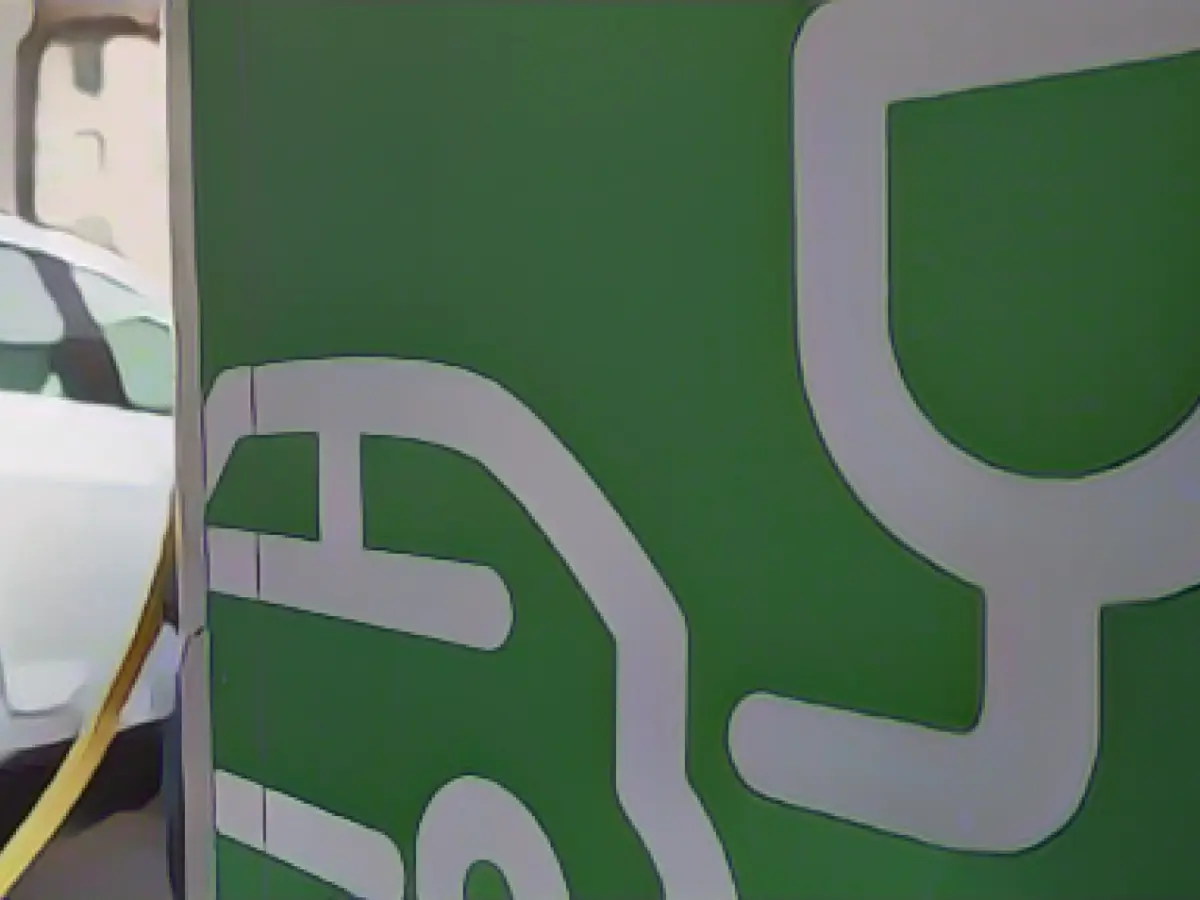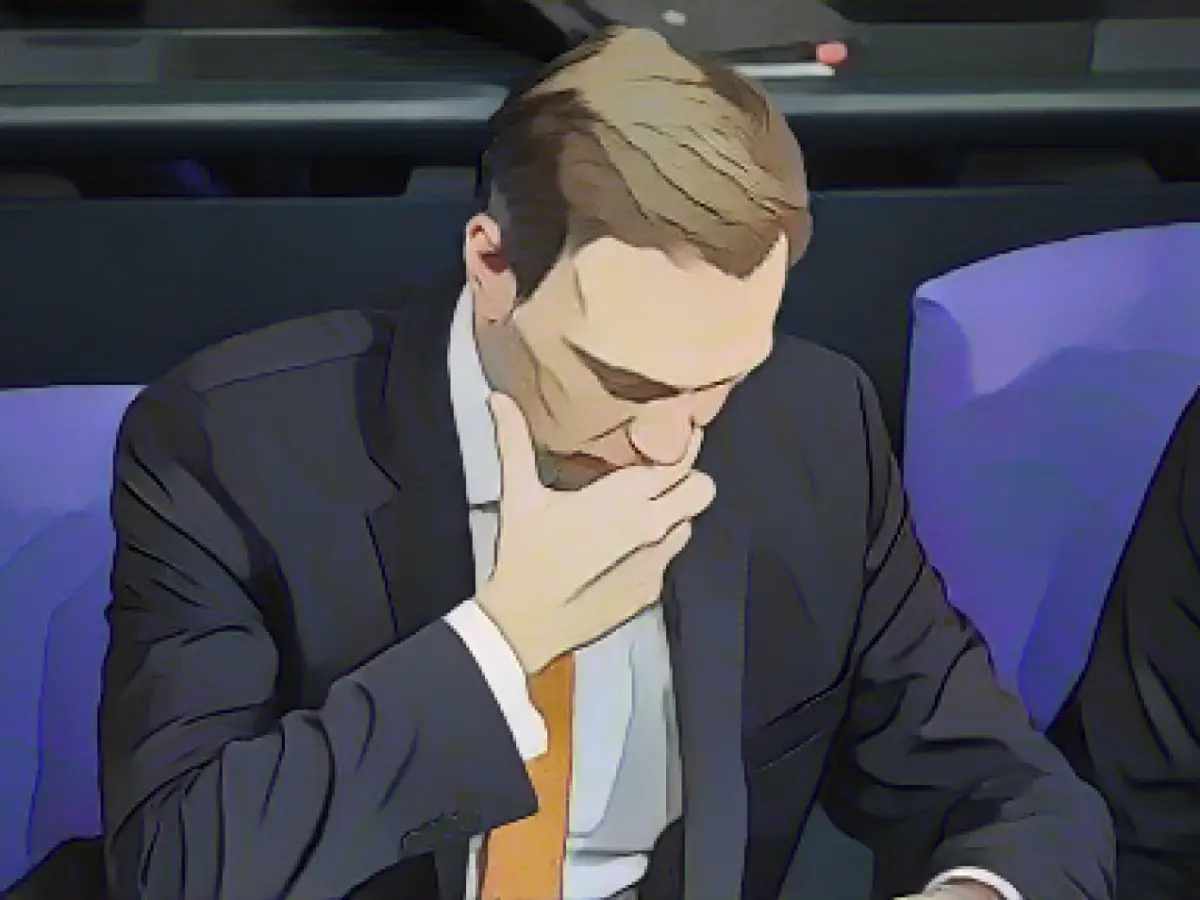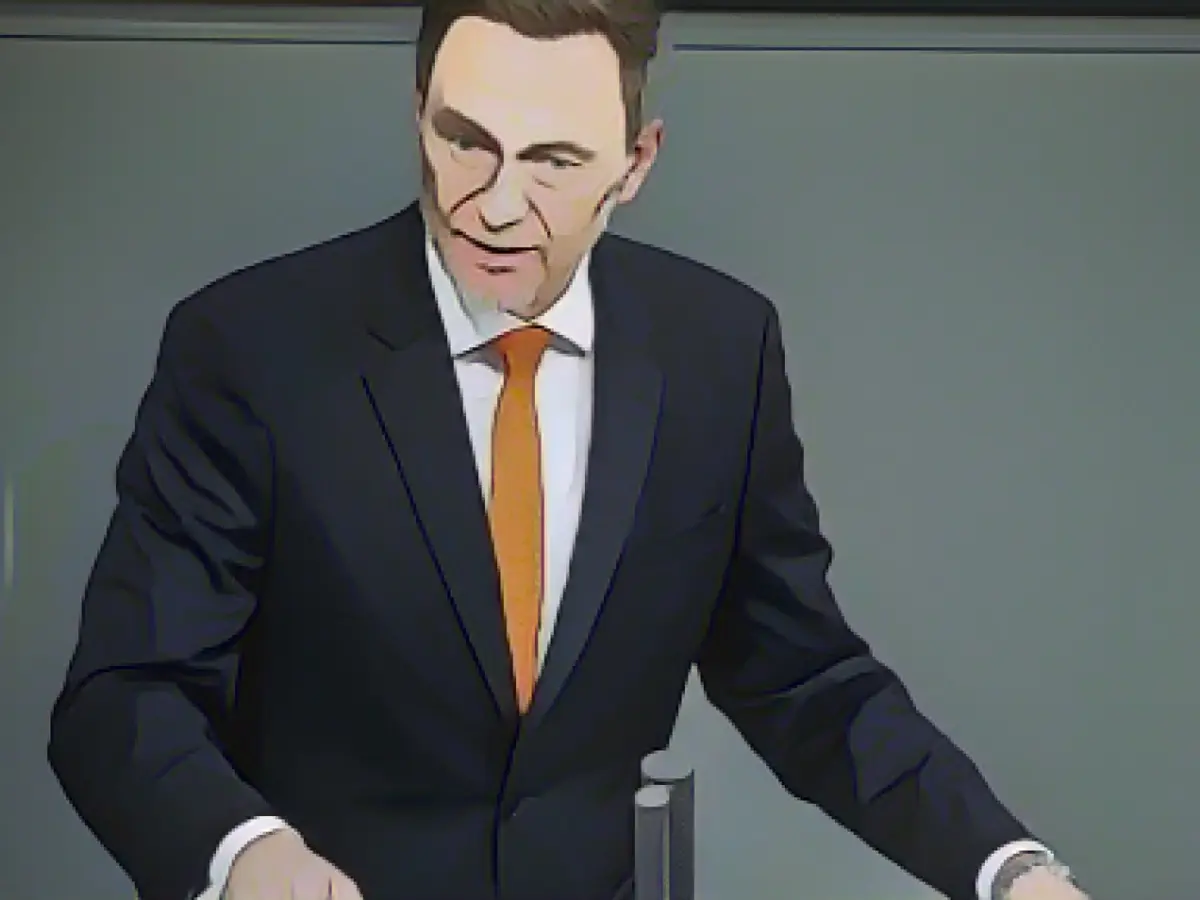After the Budget Decision: Scholz Tries to Ease People's Concerns
Following the Constitutional Court's decision on the budget, Chancellor Olaf Scholz (SPD) has sought to reassure citizens that swift financial decisions will be made. In a video message on Friday, he aimed to alleviate fears that aid, such as tackling high energy prices or addressing the fallout from the devastating Ahr floods, was on the brink of collapse.
However, Finance Minister Christian Lindner revealed that the state's price caps on gas and electricity will no longer be valid beyond December 31, 2022. This announcement was made during an interview on Deutschlandfunk radio.
The Economic Stability Fund will close on December 31, according to Lindner. This implies that no additional payments will be disbursed next year. Lindner also announced that the gas and electricity price caps will expire by the end of the year. These caps would also need to be terminated by December 31, he noted. Just a day after the ruling, the German Parliament voted to extend the caps until March 31, 2023.
Lindner also announced that State Budget Secretary Werner Gatzer would retire at the end of the year. He will be replaced by Wolf Reuter, who currently leads the policy department in the Finance Ministry. Gatzer, a pivotal figure in budgeting over many years, has worked in the Finance Ministry under both Finance Ministers Schäuble (CDU) and Scholz.
Scholz: Revise the Budget with Care
In his video message, Scholz emphasized that despite the Constitutional Court's ruling, aid is still possible in exceptional circumstances. He also mentioned aid to protect jobs and businesses, as was provided during the coronavirus pandemic. Scholz vowed to meticulously revise the budget for the following year, taking the ruling into account, in a quick yet cautious manner.
He reiterated that his government's focus remains on mitigating the consequences of the Russian war against Ukraine and its impact on the country. Scholz also emphasized supporting Ukraine and reinforcing domestic cohesion as well as modernizing the country to maintain a robust industry, create good jobs, and provide fair wages in a climate-neutral environment.
The Constitutional Court's Ruling and Its Consequences
The Constitutional Court's ruling concerns money that had been approved as a coronavirus loan but was earmarked for climate protection and economic modernization. The total amount involved is an estimated €60 billion. The court declared this procedure unconstitutional and ruled that the state cannot reserve emergency loans for later years. As a consequence, additional billions for future projects are at risk.
Debt Brake Exemption Demanded
Addressing the potential financial hole resulting from the court's ruling, the traffic light coalition is exploring the option of using the debt brake exception to fill this gap. The SPD and Greens believe that this step should be taken not only in 2022 but also in 2024. However, government spokesperson Steffen Hebestreit clarified that no such reform is currently on the agenda for the federal government.
Coalition Partners' Perspectives
Several state-level leaders, including CDU Minister Presidents Reiner Haseloff and Michael Kretschmer, are open to the idea of modifying the debt brake for special investment purposes but are cautious about relaxing fiscal discipline entirely. SPD Minister Presidents, such as Stephan Weil, Malu Dreyer, and Anke Rehlinger, also recognize the need for a possible reform, acknowledging that the debt brake may inhibit investment in the future.
Sources:
Enrichment Data:
- The German federal government is facing significant fiscal challenges due to the Constitutional Court's ruling and the potential expiration of energy price brakes. The ruling obliges the German government to link annual emergency credit authorizations to associated spending in each year, rather than using them to create budgetary reserves for future years.
- To address these financial challenges, the German government must strike a balance between fiscal responsibility and providing necessary aid, including addressing high energy prices and other emergency situations.
- The potential expiration of energy price brakes, caused by the energy crisis driven by Russia's invasion of Ukraine, and the need for investment in renewable energy and green technologies could impact Germany's ability to achieve its modernization and climate neutrality goals.
- Implementing a reform of the debt brake is not currently on the agenda for the federal government, as it requires a two-thirds majority in the Bundestag and Bundesrat, which may not be achievable. However, state-level leaders recognize the potential importance of a reform to enable targeted investment in critical areas like infrastructure, research, and development.
- Any reform of the debt brake must prioritize investments in security, education, and infrastructure while balancing fiscal discipline, sustainability, and promoting renewable energy and green technologies.








